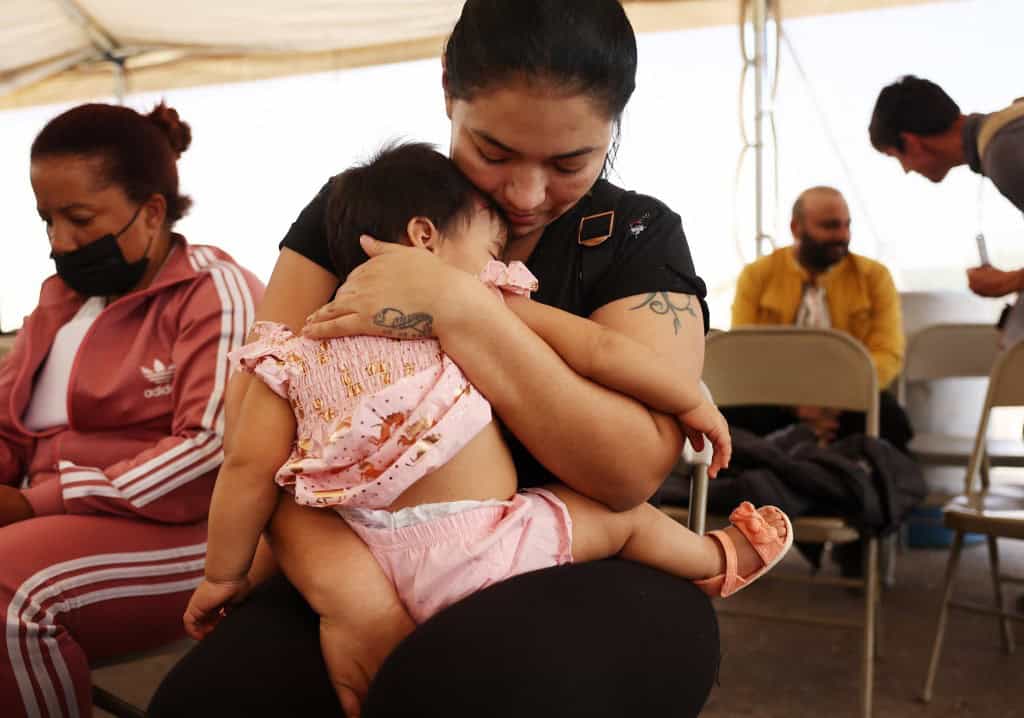Ecuador is negotiating a new program with the United States to receive 300 people each year with refugee status in that country, provided they have not committed crimes and have no health problems, Foreign Minister Gabriela Sommerfeld said Monday.
Without giving further details, the minister made the announcement two days before the arrival in Quito of U.S. Secretary of State Marco Rubio, at a time when the governments of both countries are strengthening ties.
“It will be a limited program that applies only to refugees of certain nationalities who have no criminal background and who meet certain conditions such as being in good health,” Sommerfeld told the Ecuavisa channel.
According to the foreign minister, Ecuador is prepared to receive about 300 refugees a year sent by the United States, though she clarified that this agreement is different from the one with El Salvador. That country’s president, Nayib Bukele, agreed to imprison migrants deported by the United States in exchange for money.
Sommerfeld also admitted that “there is a possibility” Washington could establish a military base on Ecuadorian territory. “Work is underway on this and we hope within a reasonable time to give good news,” she said.
One of the United States’ closest allies in the region, Ecuadorian President Daniel Noboa plans to reform the constitution via referendum to allow the establishment of foreign military bases in the country.
“It doesn’t necessarily have to be a base for military purposes, but rather a base for different types of cooperation,” Sommerfeld clarified. Former President Rafael Correa (2007–2017) buried an agreement with the United States for the use of an Ecuadorian Air Force base in anti-drug operations, which ended in 2009.
After arriving Wednesday, Rubio will meet with Noboa on Thursday as part of a tour that includes Mexico to promote greater cooperation on irregular migration and drug trafficking. Due to a gang war for control among drug cartels, Ecuador was in 2024 one of the most dangerous countries in Latin America, with 39 homicides per 100,000 inhabitants, according to Insight Crime.
“There is an international shared responsibility for what Ecuador is experiencing,” said Sommerfeld. “The United States, being our main partner and receiving 40% of the drugs that transit through Ecuador (…) cooperation has to be much stronger,” she added.






